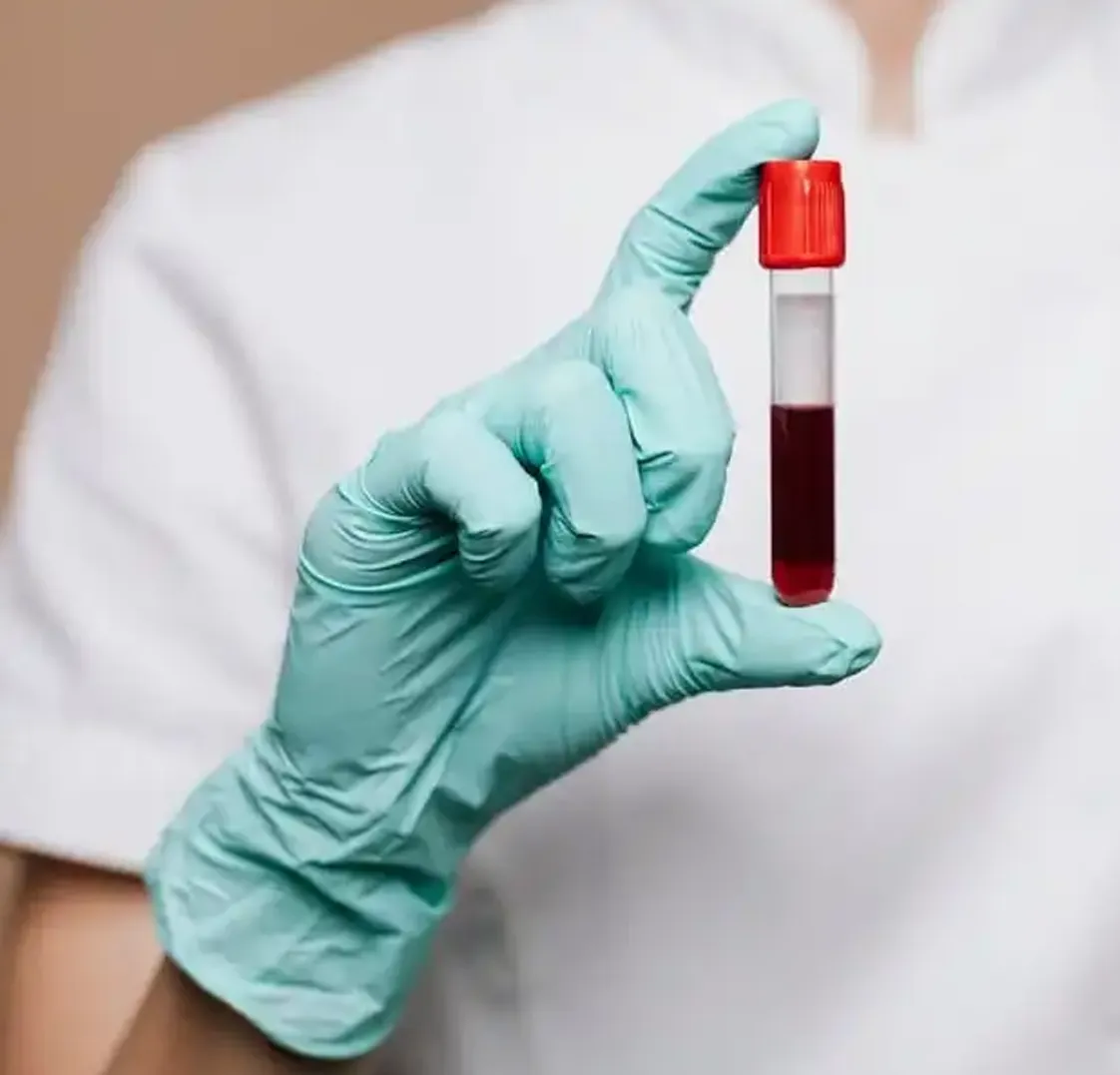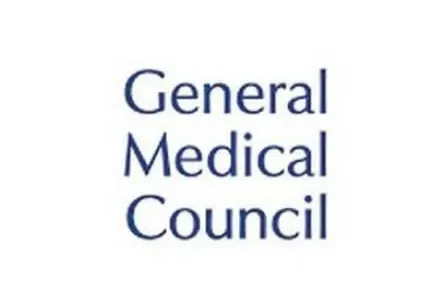The beta-hCG (Human Chorionic Gonadotropin) blood test is a critical test in early pregnancy to detect the presence of the hormone hCG, which is produced after a fertilised egg implants in the uterus. hCG is often referred to as the pregnancy hormone, and its levels are an important indicator of a healthy pregnancy.
The beta-hCG test is used to:
- Confirm Pregnancy: A positive beta-hCG test confirms pregnancy as early as 7-10 days after conception, often before a missed period.
- Monitor Early Pregnancy: During the first few weeks of pregnancy, hCG levels rise rapidly, and the test can help ensure the pregnancy is progressing normally.
- Detect Ectopic Pregnancy: If hCG levels are lower than expected or do not rise appropriately, it may indicate an ectopic pregnancy, where the fertilised egg implants outside the uterus.
- Assess Miscarriage Risk: Falling or plateauing hCG levels can sometimes suggest a risk of miscarriage, especially in early pregnancy.
- Monitor Fertility Treatments: For individuals undergoing fertility treatments, beta-hCG testing can be used to confirm ovulation or assess the success of treatments like IVF (In Vitro Fertilisation).
Unlike at-home pregnancy tests, which only detect hCG at a qualitative level (positive or negative), the beta-hCG blood test provides a quantitative measurement of the hormone, offering more precise information about the pregnancy’s progression.






